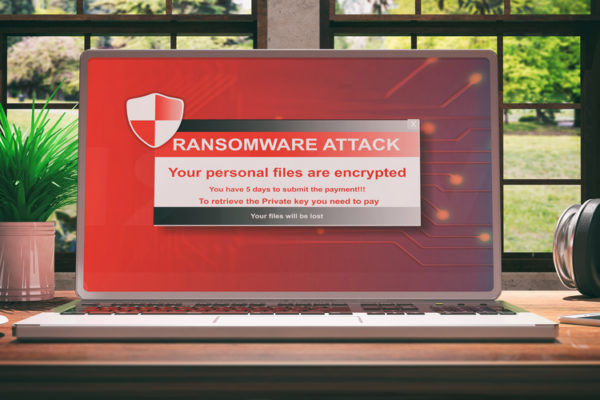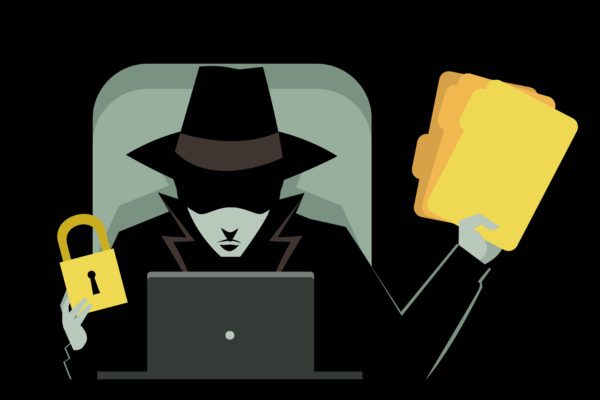A ransomware attack is one of the greatest nuisances on the internet that has become immensely widespread. Thus, it is imperative for every user today to adopt the necessary security measures to protect their system from a possible attack, which can otherwise have devastating consequences on the attacked system. Ransomware removal itself is an excruciating task.
Is your system protected against a ransomware attack?
Make sure you have taken these necessary precautions to minimize the chances of an attack on your system!
The most commonly employed spam by cybercriminals is phishing and spam emails to infect a system with malware. The malware is delivered in the form of an email attachment containing a document or image, which may seem authentic. However, clicking on this attachment leads to the virus being downloaded on the system and corrupting the files. Beware of this spam and avoid opening any suspicious emails, and ensure that the sender, as well as the attachment, is genuine to prevent any possible attack.
Sometimes, you might come across random links on the web pages or in the email body. Ensure never to click on these links. These links might be corrupt, and opening them may cause your system to become infected with the malware. Even though the malware may remain dormant for some time, it may appear once the files in the system are encrypted and display a message demanding money for ransomware removal and returning the data.
Another smart way to protect your system from a potential ransomware attack is using content scanning and filtering your mail servers. This reduces the chances of spam emails to be delivered in your inbox. Instead, they are sent directly to junk email.
When downloading any software, applications, or media files from the internet, make sure to use a trustworthy and verified website. Some websites have sure signs that can help you identify their reliability. One fundamental way is to check that the website URL contains HTTPS and not HTTP. Using authentic websites will significantly reduce the risk of infecting your system.
Remember, never to give out your private or confidential information to an unreliable source. This is a technique used by hackers to get hold of your personal information. This makes it easier for them to target and get access to your system, thereby infecting it with the malware.
So, if you ever receive a call or email from an unknown source claiming to be a bank or an insurance company, make sure not to reveal any information without ensuring their authenticity.
Your system might catch malware if an infected USB or disk is inserted in the computer. Ensure that these external storage devices are filtered and free of any virus before connecting them to your system.
Install antivirus and security software on your devices and update them frequently. With the increased rate of cybercrime, it has become extremely crucial to protect your system from any ransomware attacks. The security software reduces the risk of any virus to download on your system by filtering out any infected files and constantly monitor your data.
It is imperative to keep your software and operating system updated to the latest versions. As every update includes the latest security patches, it reduces the risk of cybercriminals attacking your system, thus preventing ransomware from corrupting your computer.
Remember, once your system is attacked by the malware, ransomware removal becomes immensely difficult, due to the high demands of the cybercriminals as well as the recovery cost. Therefore, it is eminent to adopt vital measures to prevent an attack.



